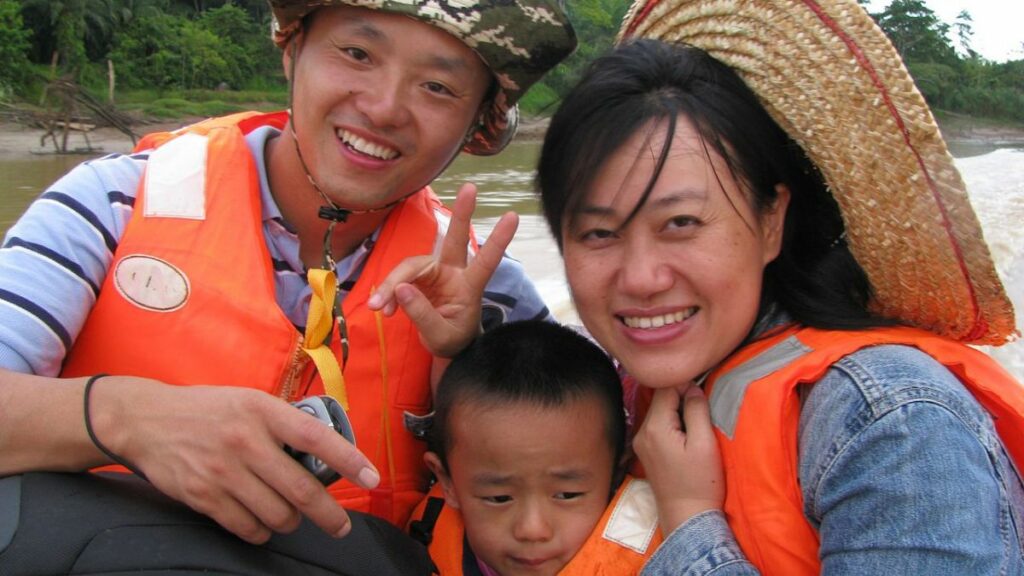China needs stronger family policies to stimulate births. One of China’s leading family planning experts recently said that China should strengthen incentives to promote family creation and increase the birth rate, as the country’s declining population could threaten the world’s second-largest economy.
Mainland China’s population declined by 850,000 last year, the first decline since 1961, to 1.42 billion, according to a government statement last month, and could find itself behind India as the world’s largest nation, beginning a likely long decline with profound implications for its economy and the world.
Wang Pei’an, deputy director of the Chinese Family Planning Association, said recently that more tax incentives that also consider family unity are needed in order to encourage births in the country. Speaking at the Third China and Development Forum in Beijing, Wang cited the growing tendency of the younger generation to avoid having children, calling for more incentives for employment, medical care, social security and housing that could encourage people to build stable and prolific families.
Following the sirens of the abortionist and ‘Malthusian’ corporations, the communist government had imposed the one-child policy to families in much of the country between 1980 and 2015, but in recent years, with population numbers on a decline, authorities are trying to sustain the birth rate. In calling for supportive measures, health officials cite factors such as spending concerns and younger women focusing on careers. According to a survey cited by state broadcaster CCTV, the average Chinese household will shrink to 2.62 people in 2020, down 0.48 from 2010. A 2021 survey found that women born in the 1990s believed the ideal number of children to have was 1.54, while for those born in the 2000s it was just 1.19. The percentage of women who have never had children rose to nearly 10 percent in 2020 from 6.1 percent in 2015. “In China, the level of maternity protection is still very low,” Wang said, adding that without the effort to cultivate the need for marriage and children, it would be extremely difficult to raise fertility levels.
According to CCTV, the average age at which a woman marries for the first time has increased from 22 years in the 1980s to 26.3 years in 2020, while the age of the first childbirth has been delayed to 27.2 years. Wang cited a 2021 survey by the China Population and Development Research Center showing that less than 70 percent of women under 35 think life is complete only when you have children.
